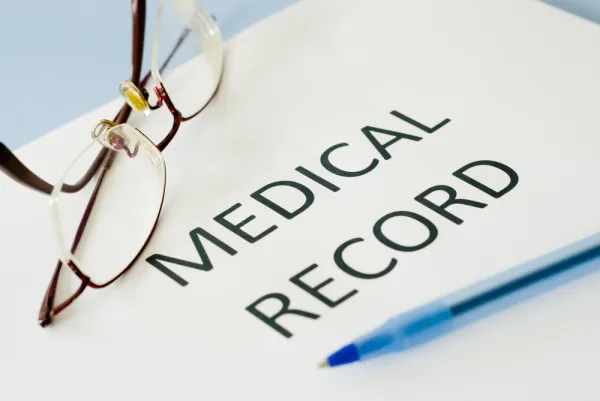Put Your ICD-10 Worries Behind You With the Proposed Transition Period

The new bill for ICD TEN Act brings you relief.
As we wait for the impending arrival of ICD-10 this October, it seems every moment unfolds a new story. In the latest, a new bill was introduced by Rep. Diane Black (R-TN-6), into the US House of Representatives on May 12, called H.R.2247, or the Increasing Clarity for Doctors by Transitioning Effectively Now Act (ICD-TEN Act).
“Most other offices I have talked to do not believe it is happening,” thinks Elizabeth Earhart, CPC, with Godshall Chiropractic in Millersville, PA. “Look how many times it has been delayed thus far. If you include the problems with EHR attestation and the continued push back of delays, I can see why many don’t believe it. My office is prepping for it so that we are not caught off guard.”
Know What the ICD TEN Is All About
For starters, this new bill does not ask for a delay in implementation of ICD-10-CM/PCS. It also does not ask for acceptance of the much hyped dual coding either.
The onus is on HHS now: The bill would require HHS to conduct “comprehensive, end-to-end testing” to assess whether the Medicare fee-for-service claims processing system based on the ICD-10 standard is fully functioning. HHS would need to make the end-to-end testing process available to all providers of services and suppliers participating in the Medicare fee-for-service program.
Within 30 days of the completion of the testing process, the HHS would submit to Congress a report on whether or not the Medicare fee-for-service claims processing system is fully functioning as per the ICD-10 standards.
Pass the litmus test: The benchmark for HHS is to prove that it is processing and approving at least as many claims with ICD-10 as it did in the previous year using ICD-9.
If this benchmark is not attained, the transition might not be deemed “functional.” In such a scenario, HHS would need to identify additional steps to ensure ICD-10 is fully operational in the near future, according to the bill.
The proposed transition period: The bill proposes to implement an 18-month “safe harbor” transitional period after the October 1, 2015, implementation date to protect providers should they make a “minor” mistake using the wrong ICD-10 sub-code. During this 18-month proposed transition period and any ensuing extensions, the bill recommends that no reimbursement claim submitted to Medicare be denied due solely to the “use of an unspecified or inaccurate subcode.
“My opinion is that this would be too much of a crutch,” believes Earhart. “We’ve known for a few years that this is coming. There has been no excuse not to be trained or have your software updated to allow for ICD-10. You had to make changes to allow for the new claim form. This is the next step.”
“During the ICD-10 transitional period, it is essential for CMS to ensure a fully functioning payment system and institute safeguards that prevent physicians and hospitals from being unfairly penalized due to coding errors,” explains Black, in her letter.
Know Why AHIMA Doesn’t Feel the Same
AHIMA is not in favor of this bill. The group says that CMS already has ICD-10 contingency plans well in place, capable of ensuring that the industry is ready to effectively use ICD-10 in October. According to the AHIMA CEO Lynne Thomas Gordon, CMS has done ample outreach and preparation to help the industry prepare.
In that context, CMS has already been conducting end-to-end testing with providers, and the results show a positive trend, on par with the ICD-9 claims. According to results from the first week of CMS testing held in between January 26, 2015 to February 3, 2015:
This trend is a good indicator of the healthcare industry’s readiness for ICD-10 on October 1, 2015.
More steps from CMS: In addition:
New bill may be prone to abuse: AHIMA officials believe that as of now, significant payment disruptions for physician practices are not likely since testing has demonstrated that CMS systems are ready to accept and process ICD-10 claims. On the other hand, the proposed 18-month grace period in the new bill, which is expected to go soft on denials, would “create an environment that’s ripe for fraud and abuse,” according to Margarita Valdez, senior director of congressional relations at AHIMA. As per the provisions in the new bill, it prevents the rejection of claims and denial of payment based solely on sub-coding specificity during the implementation phase.
Reality check: “Other countries who made the switch reported a delay in payments,” contemplates Earhart. “While I could hope that the extra time we have had to prepare would lessen that delay, I am listening to the advice that has been handed out in all my training sessions: Be prepared for a delay in payment. I think it may happen with the smaller payers more so than CMS or the large insurance carriers.”
This bill has been referred to the Committee on Energy and Commerce and the Committee on Ways and Means for further contemplation.
Editor’s note: CHA will keep a close watch on the developments on this crucial front and keep you updated in the next issues.




